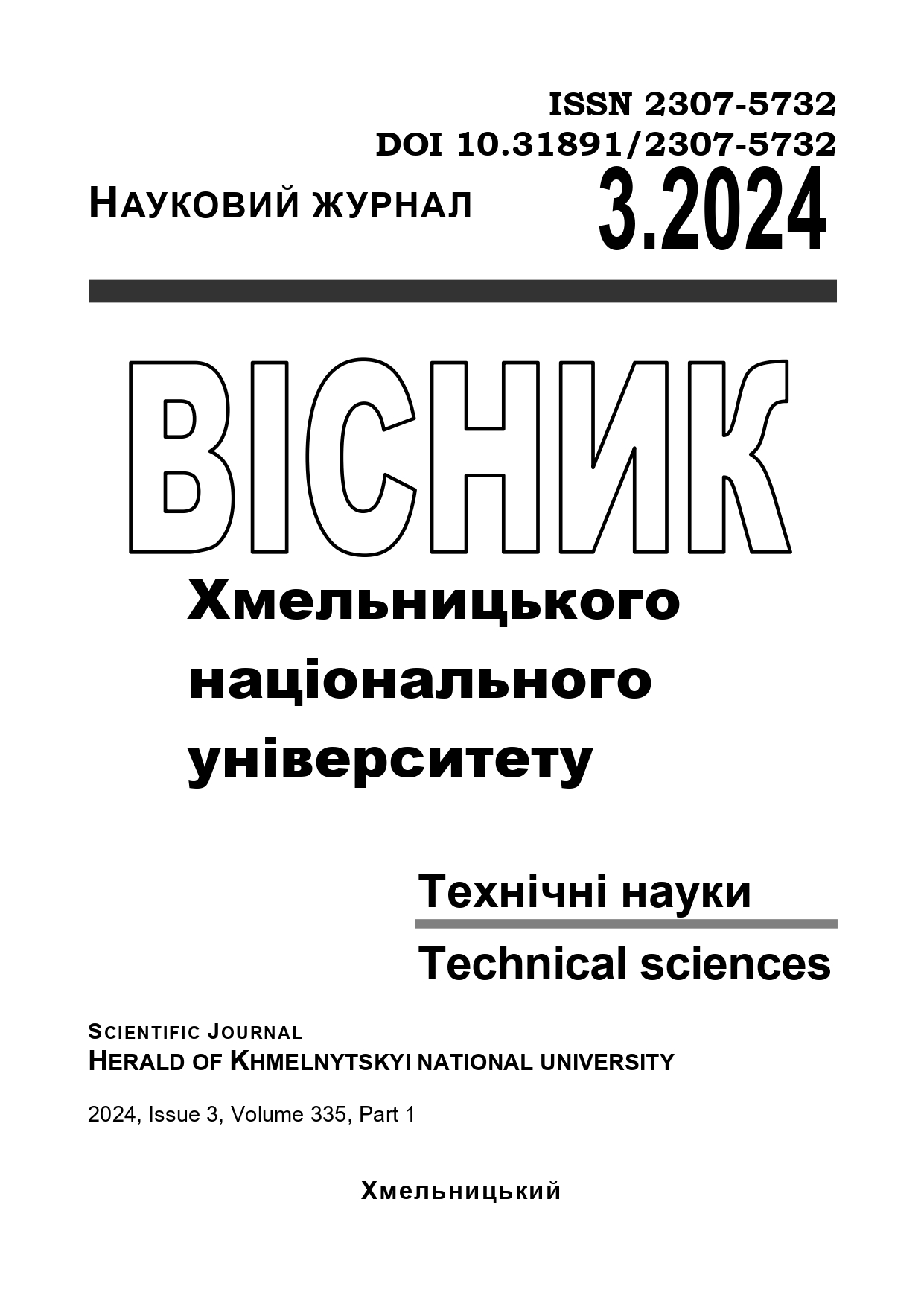МОДЕЛЮВАННЯ ВЗАЄМОДІЇ В РОЗПОДІЛЕНИХ ІНТЕЛЕКТУАЛЬНИХ ІНФОРМАЦІЙНИХ СИСТЕМАХ МЕТОДАМИ АВТОМАТИЧНОГО ПЛАНУВАННЯ
DOI:
https://doi.org/10.31891/2307-5732-2024-335-3-39Ключові слова:
інформаційні системи, розподілені системи, моделювання, автоматичне планування, оптимізаціяАнотація
В роботі наведено результати дослідження, які пов'язані з координацією дій та обміном інформацією між компонентами розподілених інтелектуальних систем. Ці проблеми можуть призводити до затримок у виконанні завдань, неефективного використання ресурсів та загального зниження продуктивності системи. Виникнення таких труднощів обумовлене різноманітними чинниками, включаючи асинхронність роботи компонентів, складність управління ресурсами та потребу в адаптації до змінних умов середовища. Розв'язання цих проблем має велике значення для підвищення ефективності та надійності функціонування розподілених інтелектуальних систем.

